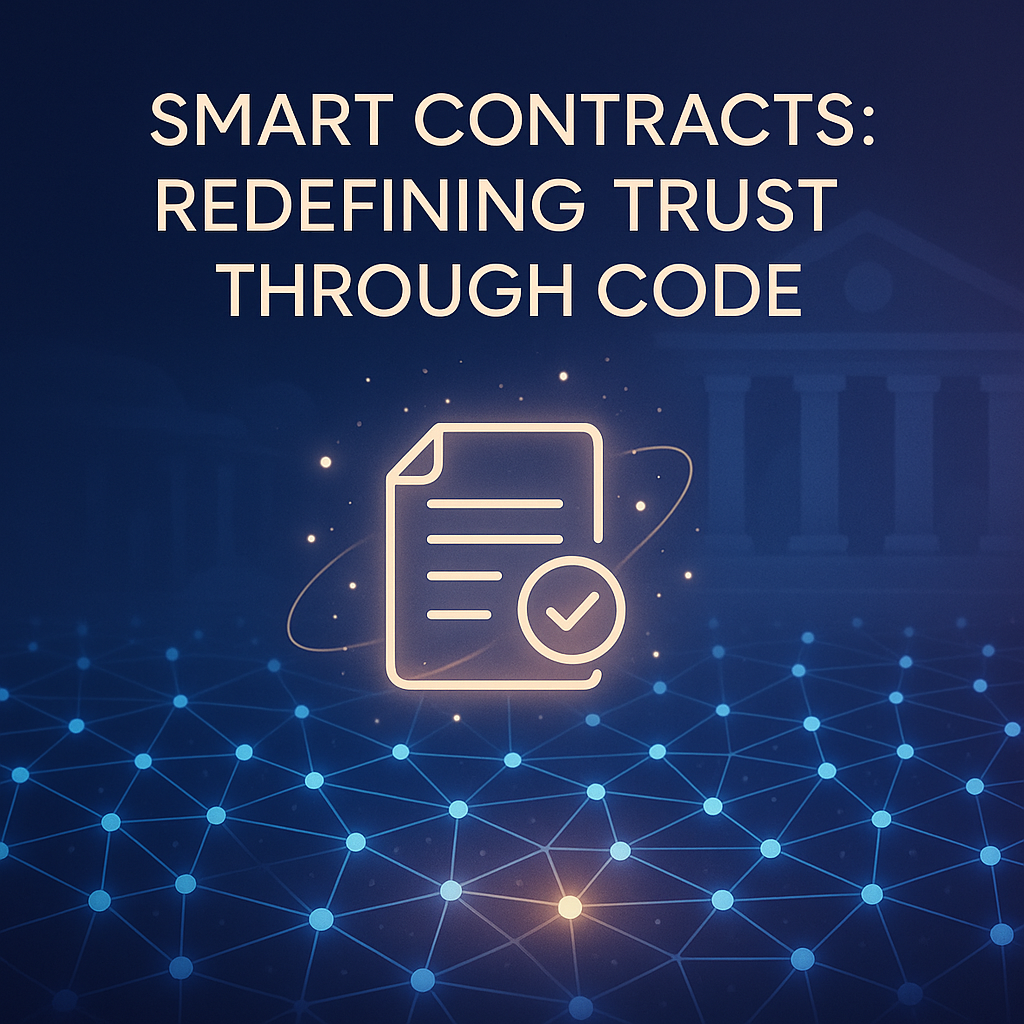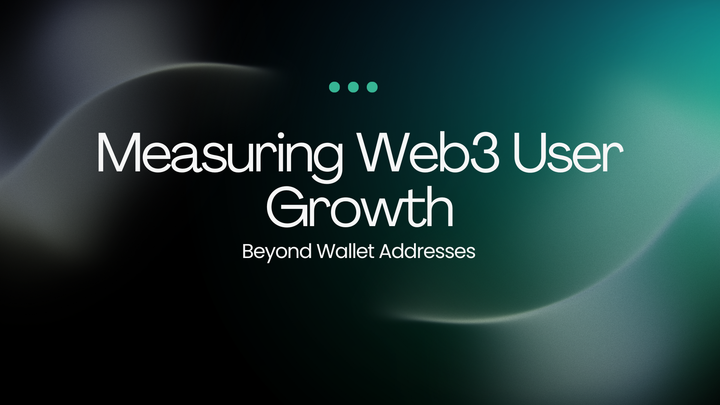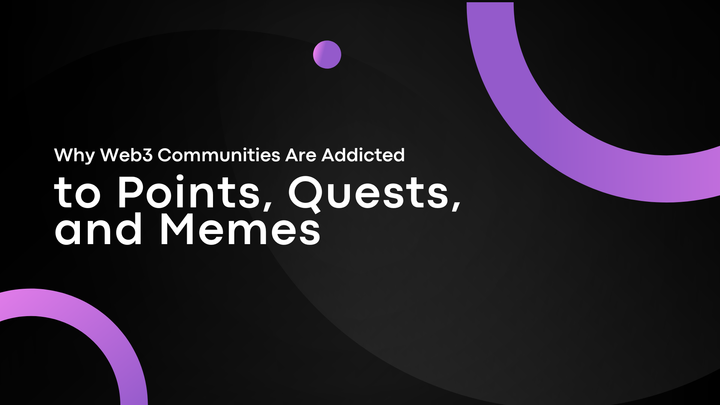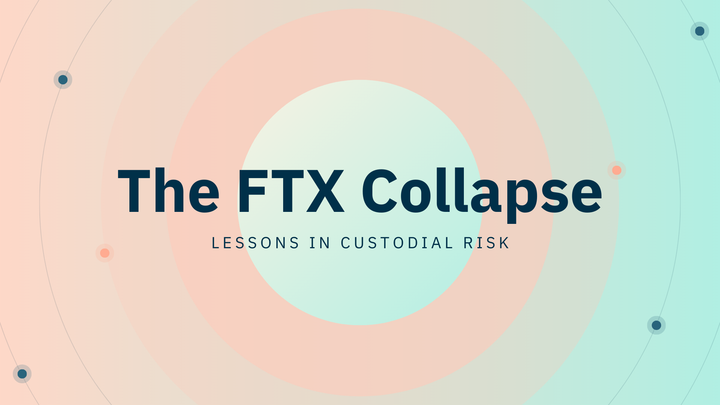🔒 Smart Contracts: Redefining Trust Through Code

Trust has always been the invisible glue holding societies together—whether it’s trusting a bank to secure your money or a legal system to enforce a contract. But what happens when trust in traditional institutions starts to crumble? Enter smart contracts—a revolutionary technology built on blockchain that promises to redefine trust in the digital age. 🌐
In this article, we’ll explore how smart contracts work, why they matter, and the profound philosophical questions they raise about trust, governance, and the future of human cooperation. Let’s dive into a world where code becomes the new guarantor of trust. 🚀
🌍 What Are Smart Contracts?
At their core, smart contracts are digital agreements that live on a blockchain and automatically execute their terms when predefined conditions are met. Think of them as self-enforcing contracts—no middleman required. 📜
Here’s what makes them special:
- Self-Executing: Once conditions are met, the contract acts on its own. For example, if a delivery is confirmed, payment is automatically released to the seller. 📦
- Immutable: Once deployed on a blockchain, the contract’s code can’t be changed, ensuring its terms are permanent. 🔐
- Decentralized: They run on a blockchain network, replicated across thousands of nodes, so no single entity controls them. 🌐
- Transparent: The code is often publicly viewable, allowing anyone to inspect its logic. 👀
- Deterministic: For the same inputs, they always produce the same outputs—no surprises. 🎯
Smart contracts were pioneered on platforms like Ethereum, where they’re written in languages like Solidity, compiled into bytecode, and executed by the Ethereum Virtual Machine (EVM) across its decentralized nodes. The concept of smart contracts predates modern blockchain, first proposed by Nick Szabo in the 1990s as a way to automate agreements using code. However, it wasn’t until the rise of permissionless blockchains—starting with Bitcoin in 2008—that smart contracts became practical. Bitcoin’s limited scripting laid the groundwork, but Ethereum, launched in 2015, revolutionized the space by introducing a platform where developers could write complex, Turing-complete smart contracts, enabling a wide range of applications. To cover the computational cost, users pay a fee called gas. 💸
🛠 How Do Smart Contracts Work?
Smart contracts operate on simple "if/when...then..." logic embedded in their code. Here’s a real-world example:
- Scenario: A buyer purchases goods online.
- Smart Contract Logic: If the delivery is verified on the blockchain, then release payment to the seller.
- Outcome: The contract automatically transfers funds once the condition is met—no escrow, no bank, no delays. 🚚💰
This automation is powered by the blockchain’s decentralized nature, ensuring consensus across nodes on the contract’s execution. It’s trust, codified. 📝
🧩 Why Smart Contracts Matter: Redefining Trust
Smart contracts are more than just tech—they’re a paradigm shift in how we establish trust. Traditionally, trust has relied on centralized intermediaries like banks, lawyers, or governments to enforce agreements. But public trust in these institutions has been declining, raising concerns about social cohesion and the ability to tackle complex challenges (Gallup News, 2025). 📉
Smart contracts offer a solution by decentralizing trust. They move trust from humans and institutions to transparent, immutable code, enabling:
- Disintermediation: No need for middlemen. In Decentralized Finance (DeFi), users lend, borrow, and trade directly via smart contracts, bypassing banks. 💹
- Efficiency: Automation speeds up processes like royalty payments in the music industry or property transfers in real estate. 🎵🏡
- Cost Reduction: Fewer intermediaries mean lower transaction costs. 💵
- Transparency: Publicly viewable code builds confidence in the agreement’s fairness. 🔍
Real-World Use Cases 🌟
Smart contracts are transforming industries:
- Finance: DeFi platforms enable peer-to-peer crypto transactions. Aave, a top DeFi protocol on Ethereum, lets users lend and borrow assets via liquidity pools, earning interest with aTokens or taking loans with collateral. Known for flash loans—uncollateralized loans repaid instantly—Aave’s Total Value Locked (TVL) hit $30.5 billion by February 2025, though some critique its centralized governance despite community voting. 💹
- Music: Artists get instant royalties when songs are streamed. Tune.fm on Hedera pays artists in JAM tokens per second of streaming, bypassing intermediaries. Artists can also mint NFTs for direct sales, boosting revenue and fairness. 🎵
- Real Estate: Property sales and escrow are automated, cutting paperwork. Propy uses smart contracts to manage escrow and title transfers, processing over $4 billion by 2025, including an NFT property sale in 2021. This reduces costs and fraud risks. 🏡
By embedding trust in code, smart contracts pave the way for digital cooperation. 🌍
✅ The Nature of Trust: A Deeper Look
To understand how smart contracts redefine trust, let’s first explore what trust means from sociological and philosophical perspectives.
🧑🤝🧑 Sociology: Trust as Social Glue
Sociologists view trust as the foundation of society:
- Definition: Trust is the belief that others will act as expected, making the trustor vulnerable to the trustee . 🤝
- Role: It reduces complexity in social interactions, enabling cooperation between strangers (OUP). 🌐
- Types:
- Generalized Trust: Trusting a wide circle of unfamiliar people, crucial in modern societies.
- Particularized Trust: Trust in specific relationships or situations.
- Impact: Trust builds social capital, strengthens communities, and supports economic development by facilitating exchanges (Our World in Data). 💡
In traditional systems, trust in institutions (e.g., banks, legal systems) depends on transparency, accountability, and reliability. But declining trust in these entities has sparked interest in alternatives like blockchain (Gallup News). 📊
🤔 Philosophy: The Ethics of Trust
Philosophers dig deeper into trust’s nature:
- What Is Trust?: To trust is to rely on someone to act a certain way, motivated by the right reasons (Kellogg School). 🤷
- Rationality Debate:
- Reductionism: Trust is rational only if there’s evidence of trustworthiness.
- Antireductionism: Trust is the default unless there’s reason to distrust (IEP). ⚖️
- Ethical Angle: There’s a moral duty to be trustworthy, and sometimes to trust others, especially in close relationships. 💭
In traditional institutions, trust hinges on perceived competence, integrity, and fairness—whether it’s a bank managing your money or a court upholding justice. But when trust in these systems falters, technology steps in. 🔧
🔄 How Smart Contracts Redefine Trust
Smart contracts shift trust from humans to code, creating a new paradigm:
- Transparency Over Opacity: While traditional systems can be opaque, smart contract code is often publicly auditable (IBM). 👓
- Immutable Agreements: Unlike mutable traditional contracts, smart contracts can’t be altered once deployed, ensuring permanence (Dowsers). 🔒
From Human to Code-Based Enforcement: Traditional contracts rely on legal systems for enforcement. Smart contracts enforce themselves via code ⚖️
Comparing Trust Models 📊
| Feature | Traditional Trust | Smart Contracts |
|---|---|---|
| Enforcement | Legal system | Code-based |
| Transparency | Often opaque | Generally transparent |
| Immutability | Mutable | Immutable |
| Reliance | Humans/Institutions | Code/Technology |
| Cost | Potentially high | Potentially low |
| Speed | Variable | Fast |
Note: These comparisons simplify complex dynamics—transparency varies by blockchain type, immutability can hinder error correction, costs may rise with gas fees, and speed depends on network performance.
🤯 Philosophical Implications: Code as Law?
Smart contracts raise deep philosophical questions about trust, governance, and fairness in a code-driven world:
- Code vs. Law: Smart contracts act as "private law," operating without public oversight. This "code as law" concept challenges traditional legal frameworks (Princeton Engineering). 📜
- Loss of Human Judgment: Automation removes legal recourse for unforeseen issues, unlike traditional systems where human discretion can adapt to nuances (Bruegel). ⚖️
- Immutability’s Double Edge: While immutability ensures accountability, it’s a drawback when errors need fixing or circumstances change .🔒
- Regulatory Challenges: Decentralized systems make it hard to prevent cybercrime or enforce regulations (MIT Sloan). 🚨
- Fairness Concerns: Can rigid code handle the complexities of real-world situations? Bias in algorithms could lead to unfair outcomes (Bruegel). 🤔
- Ethical Responsibilities: Trusting code raises ethical questions about developers’ duties to write secure, unbiased algorithms. If bias is embedded in a smart contract—intentionally or not—it can lead to unfair outcomes, such as discriminatory lending in DeFi. There’s also an ethical imperative to ensure smart contracts serve the public good, balancing innovation with accountability to prevent harm in a code-governed world.
Note: Immutability can hinder error correction, as errors in code cannot be rectified post-deployment, potentially leading to unintended consequences.
🌟 Opportunities for Institutions
Despite these challenges, smart contracts offer opportunities for traditional institutions:
- Public Sector Efficiency: Automating administrative processes can reduce bureaucracy (FTI Technology). 🏛️
- Decentralized Governance with DAOs: Decentralized Autonomous Organizations (DAOs) are organizations governed entirely by smart contracts, where rules and decisions are encoded on the blockchain. For example, a DAO might allow members to vote on funding proposals, with smart contracts automatically executing the majority decision. This enables transparent, community-driven governance without centralized authority. However, DAOs face challenges like scalability (managing large voter bases), security (protecting against code exploits), and regulatory uncertainty (navigating legal frameworks), requiring a balance between automation and human oversight to align commercial goals with public interests (MIT Sloan). 🌐
- Public Goods and Human Rights: Smart contracts can fund public goods by automating transparent donations, ensuring funds are used as intended. They can also protect human rights by securely recording and verifying data—like refugee identities or voting records—on an immutable blockchain, fostering cooperation through mathematical truth 🌍
- Legal Frameworks: Legal frameworks must evolve to address smart contracts’ enforceability and dispute resolution, ensuring they align with existing systems ⚖️
🧨 The Future of Trust: A Hybrid Approach
Smart contracts are redefining trust by automating agreements on decentralized blockchains, shifting reliance from humans to code. They bring efficiency, transparency, and security—but absolute "trustlessness" is a myth. Trust shifts to developers, technology, and external data sources. 🔄
The philosophical implications are profound:
- Code vs. Human Judgment: Rigid code lacks the flexibility of human discretion.
- Regulatory Gaps: Decentralization challenges existing legal systems.
- Fairness and Adaptability: Immutability can hinder corrections or adaptations.
The future likely lies in a hybrid model where code and human institutions work together:
- Evolving Laws: Legal systems must adapt to smart contracts and decentralized governance.
- Balanced Governance: DAOs and other systems need human oversight to ensure fairness.
- Focus on Fairness: Addressing biases and vulnerabilities in code is crucial for equitable outcomes.
Smart contracts are a transformative technology, but their societal impact depends on how we navigate their opportunities and risks. By blending the precision of code with the nuance of human judgment, we can build a future where trust is both technologically robust and humanly fair. 🌍
🧵 From Institutions to Code
If traditional institutions are the historical pillars of trust, smart contracts are the new foundation for a digital age. Together, they can create a world where trust is more accessible, efficient, and transparent than ever before.
🧠 Want to learn more about blockchain and trust? Check out these resources:
https://decenter.princeton.edu/wp-content/uploads/2024/07/DeCenter-Paper-2024-Q3-Spread.pdf
Sources
Total Value Locked-DeFi Llama
Mitosis University Glossory
Wikepedia-Trust
Role-OUP
Impact-Our world in Data
Trust-Kellogg School
Antireductionism-IEP
Smart Contract-IBM
Code vs. Law-Princeton Engineering.
Loss of Human Judgment-Bruegel
Regulatory Challenges-MIT SLOAN



Comments ()